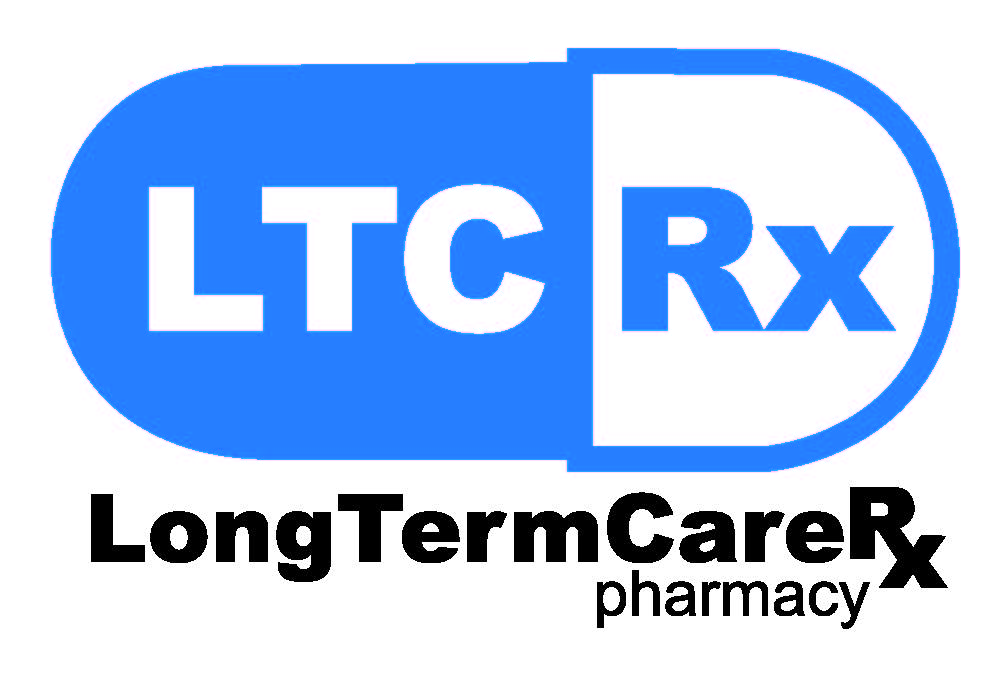It seems like we as a society are always looking for ways to abbreviate our everyday lives. Twitter shortens our thoughts to 140 characters or less. Shorthand makes taking notes during a lecture much easier. Emoji remove words completely to communicate a thought or feeling with just a smiley face. Abbreviations definitely serve a purpose in our day-to-day lives, but caution should be used when we are communicating medical information.
One of the most common causes of preventable medication errors is the improper use of abbreviations. Misinterpreted abbreviations or symbols can frequently lead to mistakes that can result in patient harm, delay the start of therapy, and waste time spent trying to clarify the original order. Abbreviations that seem obvious and make perfect sense to the person writing the order can still be misinterpreted by someone else. Take a look at the following examples:
Seems pretty self-explanatory, right? Potassium chloride 10meQ, 1 tablet by mouth daily. Or is it four times daily?
What about this one? Should we give 6 units of insulin, or 60?
Imagine coming across these two handwritten orders during the middle of your work day. The phone is ringing off the hook. You have 2 residents having behavior issues in the dining room. It’s time for shift change over and your replacement is running late. Can you say, with 100% certainty, that these orders will be interpreted correctly? Even under the best of circumstances, mistakes can happen.
When it comes to resident safety, it’s important to remember to slow down and do our best to communicate medical information safely and effectively. I’ll leave you with a list of commonly misinterpreted medical abbreviations. Are there any that you use?
| Abbreviation | Misinterpretation | Instead Use |
|---|---|---|
| U (unit) | Mistaken for zero, number four, or cc | Write "unit" |
| IU (international unit) | Mistaken for IV or number ten | Write "international unit" |
| QD (daily) | Mistaken for QID (four times daily) | Write "daily" |
| QOD (every other day) | Mistaken for QID and QD | Write "every other day" |
| Trailing zero (X.0 mg) | Decimal point is missed (ex: 1.0 mg read as 10mg) | Write X mg |
| Lack of leading zero (.x mg) | Decimal point is missed (.1 mg read as 1 mg) | Write 0.X mg |
| MS | Can mean morphine sulfate or magnesium sulfate | Write out "morphine sulfate" or "magnesium sulfate" |
| MSO4 and MgSO4 | Can be confused for one another | Write out "morphine sulfate" or "magnesium sulfate" |
Healthcare is a very diverse field. An abbreviation that one person may have used for years will not necessary translate to everyone else who may come across it. With medical abbreviations, when it doubt, write it out!
Drew Curtis, PharmD
Pharmacist Manager
Consultant Pharmacist


